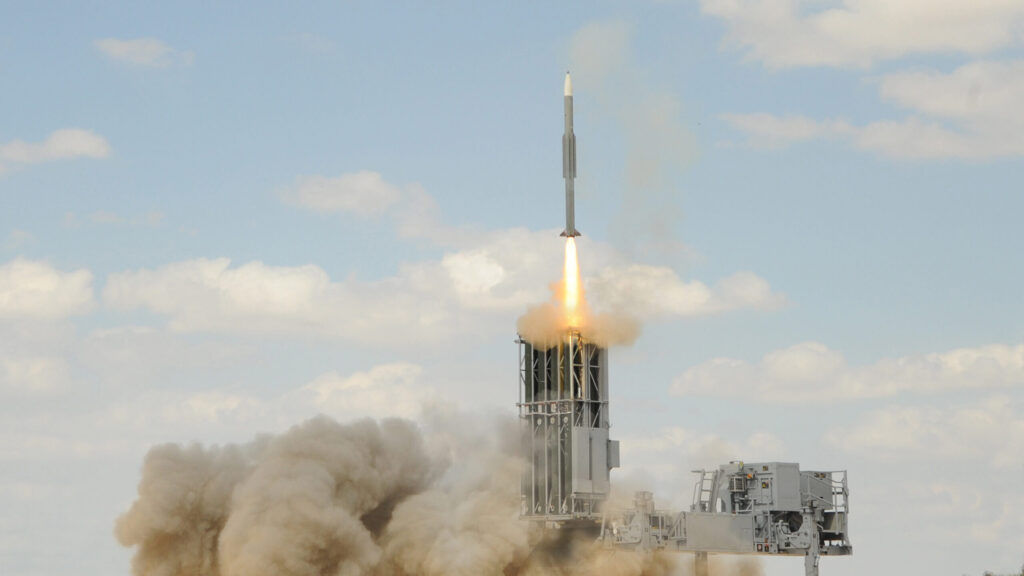
Denmark will not proceed with the purchase of the Israeli-made Barak MX Integrated Air and Missile Defense (IAMD) system, the Danish Ministry of Defence announced today. This decision follows a recommendation from the Defence Command, which advised exploring alternatives that offer “greater immediate combat power.” Defence Minister Troels Lund Poulsen confirmed that the ministry aims to acquire the most suitable capabilities for the Danish military.
The Defence Command highlighted a “clear military-technical position” emphasizing the need for enhanced ground-based air defense. Rather than investing in the Barak MX, the Command recommended reallocating resources towards initiatives that would expedite the development of Denmark’s air defense systems. In his statement, Poulsen noted, “[W]e in the Conciliation Circle have agreed to follow the Defence Command’s recommendations, so that we purchase the most appropriate capabilities and ensure a rapid and capable development.”
The decision comes shortly after a report by DR, Denmark’s public broadcaster, which indicated that Israel’s offer for the Barak system included a “soft kill solution against drones.” This capability is not currently available in Denmark’s existing defense systems. It remains uncertain which alternative system the Danish government will consider in place of the Barak MX, manufactured by Israel Aerospace Industries (IAI).
The Danish Ministry of Defence has yet to respond to inquiries regarding this decision, and there has been no comment from the Israeli Ministry of Defence or IAI as of this report. According to the Israeli Ministry of Defence, the Barak system is designed to incorporate various interceptors with a range of up to 150 kilometers (approximately 93.2 miles), enabling it to counter diverse threats, including drones, fighter jets, and tactical ballistic missiles.
Denmark’s urgency for a system equipped with short-range, counter-drone capabilities has intensified, particularly following a series of drone sightings near local airports and increasing drone activity linked to Russian incursions across Europe. In a notable incident last September, drone activity forced the closure of Copenhagen Airport. Prime Minister Mette Frederiksen stated that she “could not rule out” potential Russian involvement in that case.
In light of these developments, Denmark is also embarking on a significant air defense modernization initiative. In September 2024, the government committed to investing approximately 58 billion krone (around $9.1 billion) for the acquisition of eight long- and medium-range systems, including the French-Italian SAMP/T platform.
This shift in Denmark’s defense strategy reflects a broader need among European nations to enhance their air defense capabilities in response to evolving military threats and geopolitical tensions.






